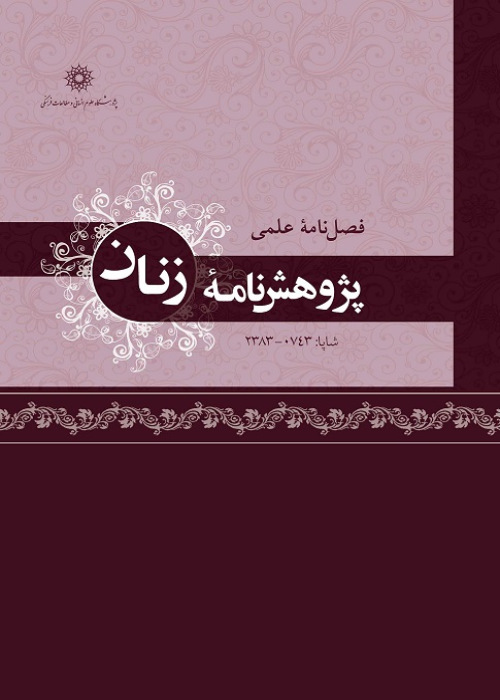The Social Status of Female Musicians in the Qajar Era Based on Images and Written Sources
Problem Statement:
Music has always been a significant aspect of Iranian culture throughout history and has maintained its official status among rulers in various eras of Iranian monarchy. However, with the advent of the Qajar dynasty and Iran's increasing proximity to the West, significant changes occurred in this tradition. Nevertheless, the impact of these changes on the activities of female musicians remains ambiguous. Therefore, the main question of this research is to explore the social status of Qajar-era female musicians based on an analysis of paintings, written sources, travelogues, and their attire as female musicians. Additionally, the research investigates the nature of the musical instruments and tools used by these women, addressing other related questions.
This research aims to understand the position of female musicians during the Qajar period and increase awareness of their status, shedding light on this aspect of Iranian culture.
This study follows a qualitative approach in terms of fundamental objectives. It relies on library-based data and visual content analysis, incorporating the knowledge of semiotics. The findings of this research reveal that, similar to the uncertainty faced by musicians in different periods of Iranian history, concerns persisted during the Qajar era. The level of difficulty and variations in the status of female musicians, whether they were instrumentalists, dancers, or singers, were influenced by various factors. Consequently, female musicians in the Qajar era did not typically enjoy a favorable position. However, some paintings from this period depict them on palace walls and interiors. In summary, the profession of female musicians, both in instrumental and dance roles, was not easily accessible for every Iranian woman. As mentioned earlier, musical training was primarily available to those born into musical families or serving as concubines in the court.
Iran , Qajar , Music , Khanyagar women , Painting
- حق عضویت دریافتی صرف حمایت از نشریات عضو و نگهداری، تکمیل و توسعه مگیران میشود.
- پرداخت حق اشتراک و دانلود مقالات اجازه بازنشر آن در سایر رسانههای چاپی و دیجیتال را به کاربر نمیدهد.


